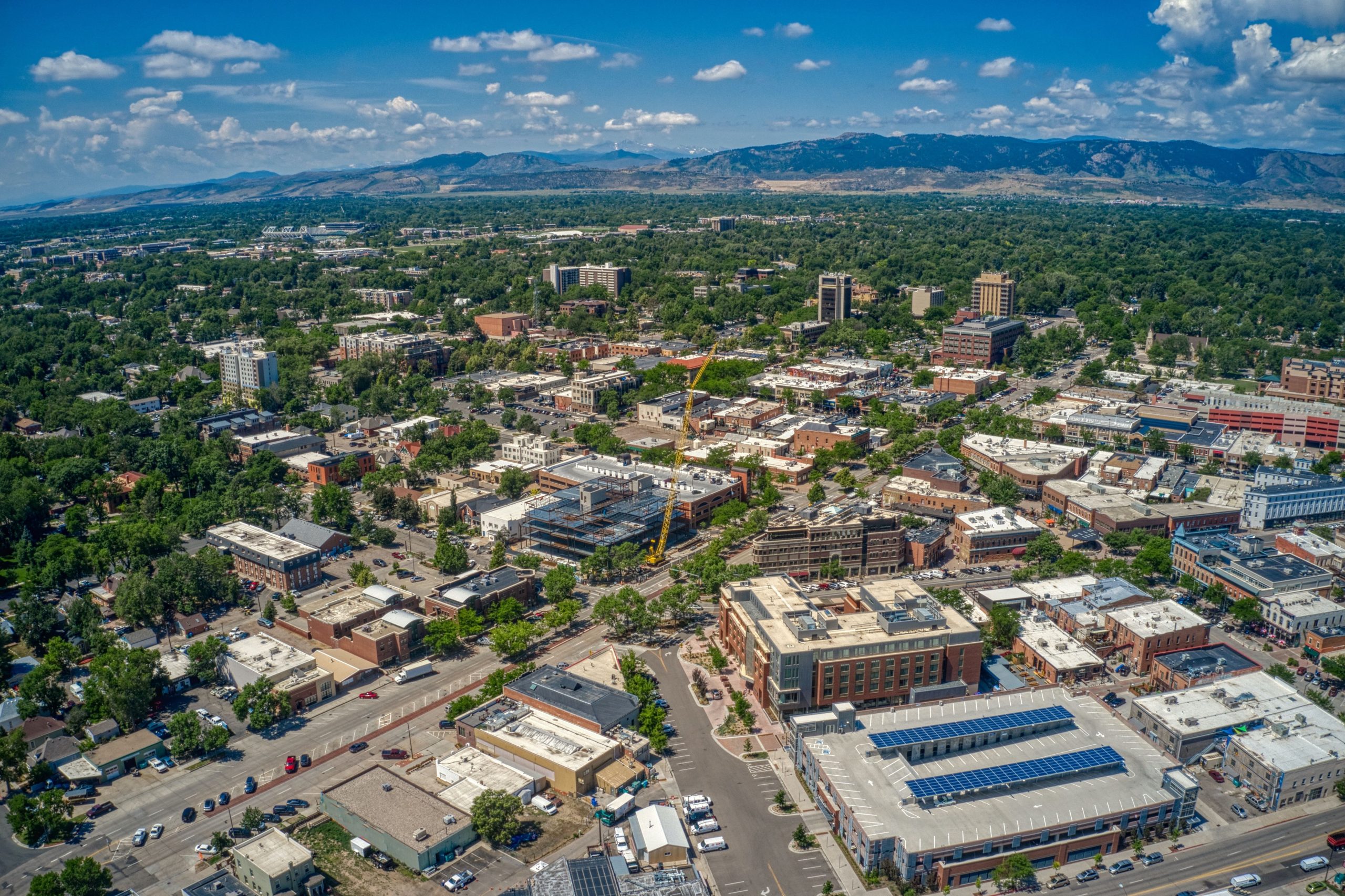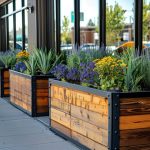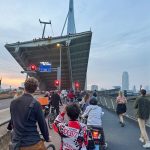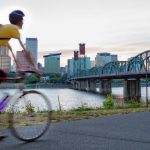
Fort Collins
Transforming Urban Mobility: Insights from Collaborative Workshops
How can urban mobility help to make a city more livable? What can cities do to close the gap between ambitions and actual policies? What obstacles do they encounter and how can these be removed? In order to find answers to these and similar questions, we facilitated two workshops with the City of Fort Collins, Colorado, and Colorado State University (CSU).
This collaborative project allowed us to engage with professionals, including transportation planners, active transportation specialists, engineers, and coordinators. Our goals were to understand what makes Fort Collins a livable city, to bridge the gap between conflicting long-term policy goals , and to identify the conflicts that need to be addressed to enact real change. To do this, we provided a framework for creating actionable plans for the immediate future and for the years to come.
The livable city
During the morning workshop we sought to leverage the city’s expertise to determine its goals and requirements by envisioning a livable city. Participants expressed their ideas about the desired character of the city, the accessibility of different areas, the preferred flow of traffic, and the overall travel experience for citizens, visitors, and students in Fort Collins. With our livability model in hand, participants were able to effectively articulate their opinions and knowledge. This not only enhanced our understanding of the environments of the city and the university, but also facilitated a co-creation session with City officials and university staff.
Mobility maturity
After the extensive morning session, the afternoon focused on assessing the current state of mobility in Fort Collins. Participants identified areas for improvement and determined how to achieve the desired maturity in selected subjects. These included traffic flow management, parking, public transit, curb management, signage, and inter-urban mobility. By scoring these and other subjects, we created a spider plot that provided a clear overview of the current state of the technology and the infrastructure, as well as the ambitions for the coming years.
“The Mobility Maturity Workshop was an eye-opening way of identifying the conflicts that exist along our current transportation network, and provided a framework for prioritizing actionable ways to address these conflicts and improve the network for all modes of transportation.”
Results
In Fort Collins, “Adventure Casual” is more than a slogan – it’s a way of life. Cars still play a vital role in providing flexibility and independence for residents, visitors, and entrepreneurs. Realizing a multimodal city is therefore a balancing act. Sufficient service levels are needed for bicycles, walking, and public transport, while they simultaneously complement a car-centric infrastructure. We discussed creating a seamless network of pathways and accessibility for all, while identifying problems such as decreasing ridership and excessive road traffic.
The workshop participants left with clear ideas of what a livable Fort Collins means, and well-defined ambitions for the coming years. We were very pleased to help them formulate a plan with both short- and long-term goals. These goals include collaboration between the City and CSU, as well as the adoption of newer technologies aimed at achieving a multimodal livable city.
We are looking forward to continuing this journey and exploring new opportunities to enhance the transportation experience for cities and communities across the country.
“Exploring each of the mobility maturity factors provided valuable insights, revealing where we currently stand and the possibilities ahead. This process also facilitated a unique and productive conversation among group members about our opportunities.”


